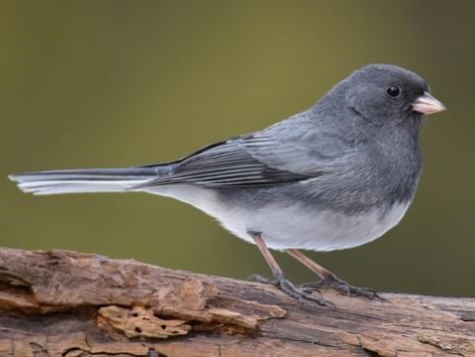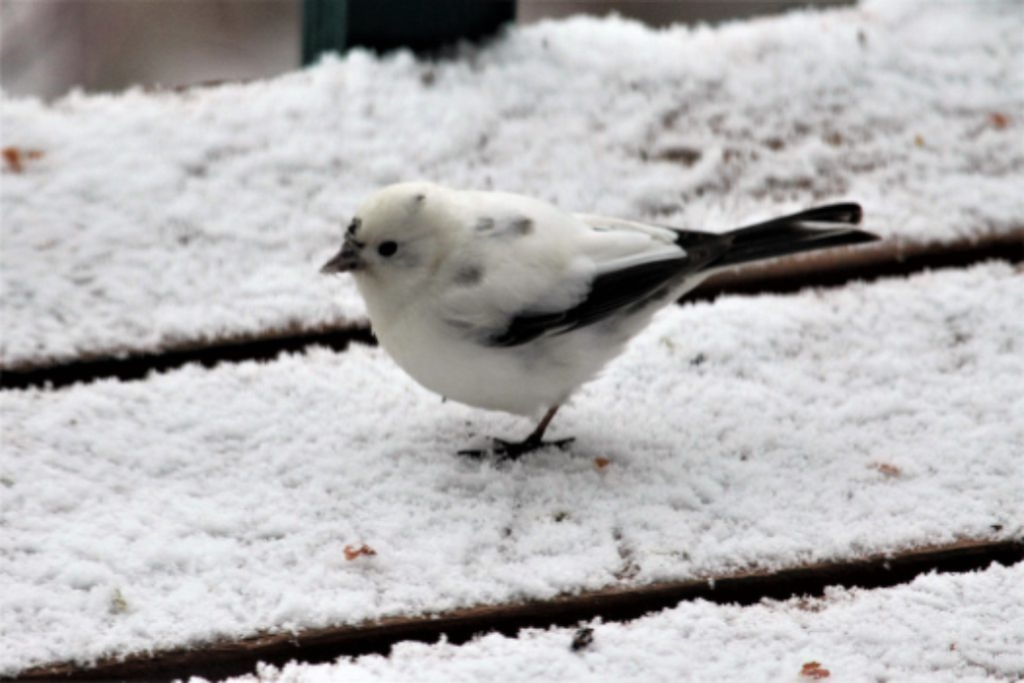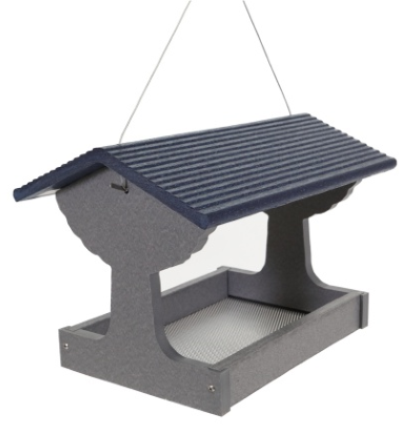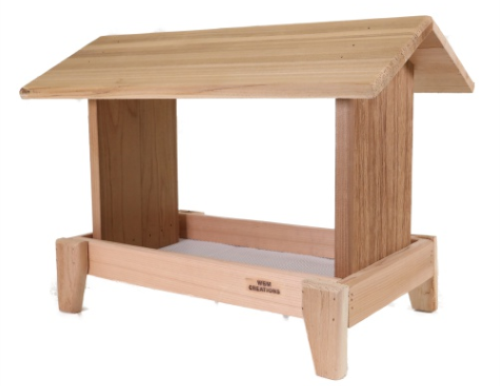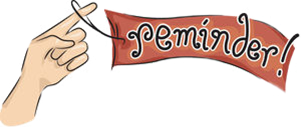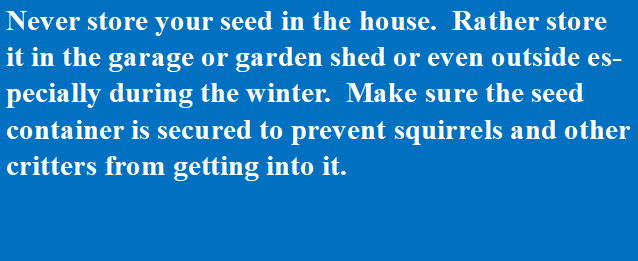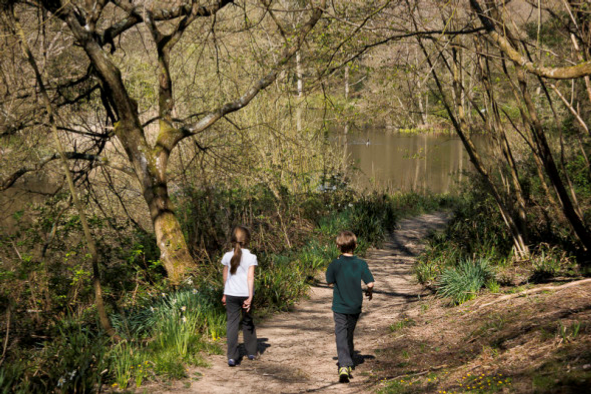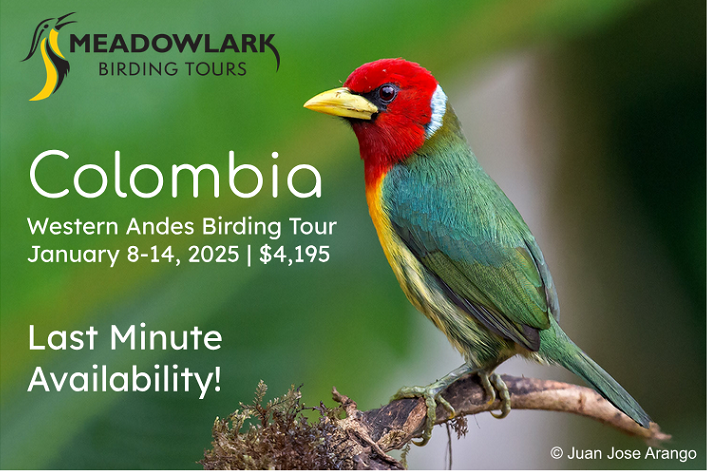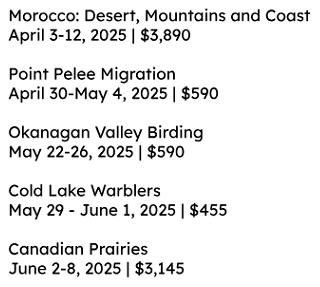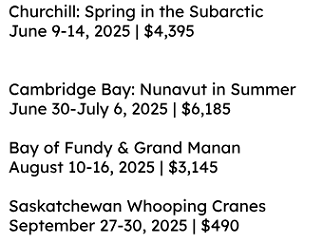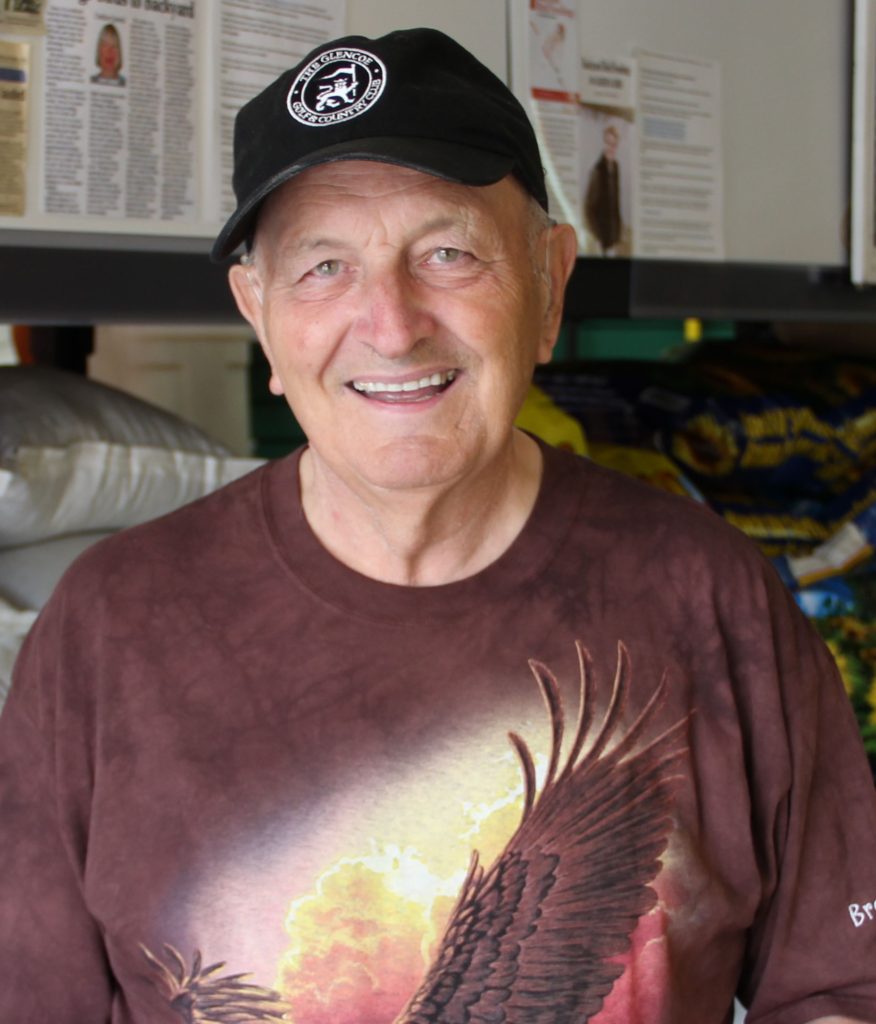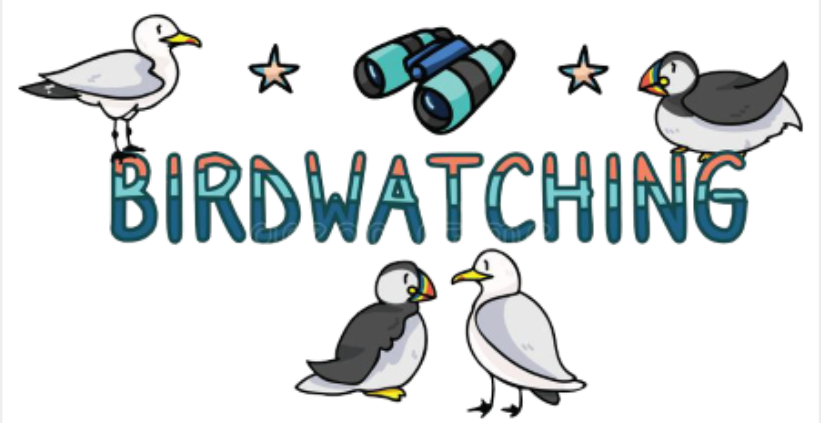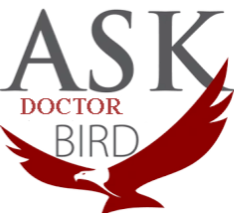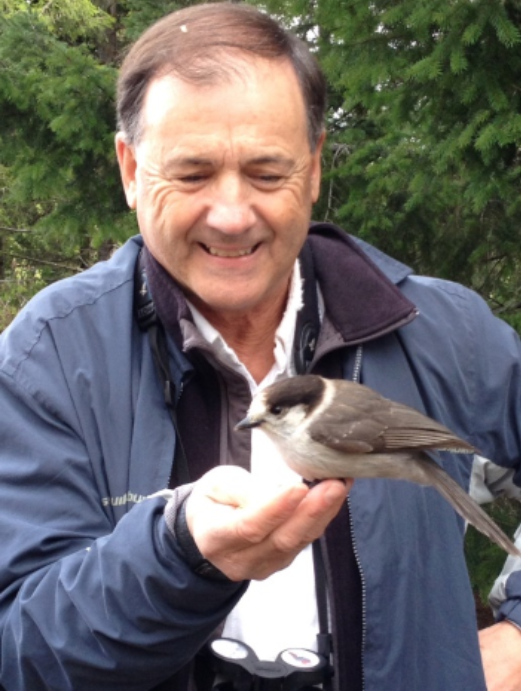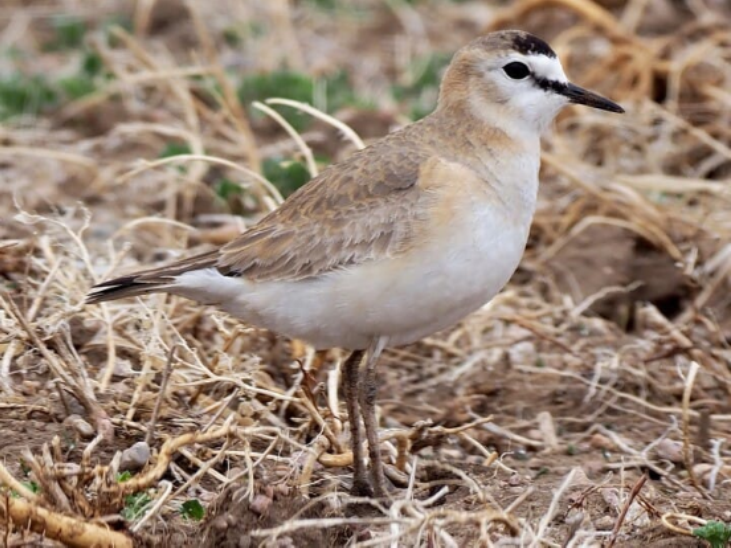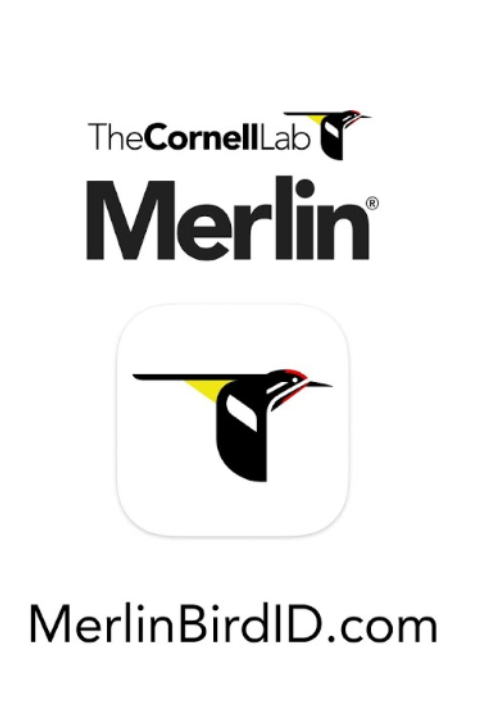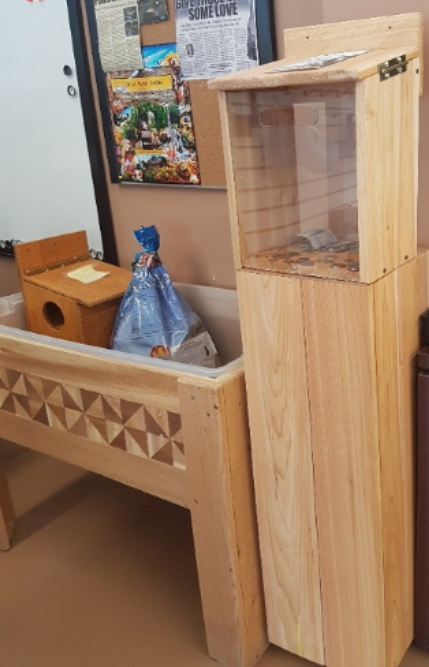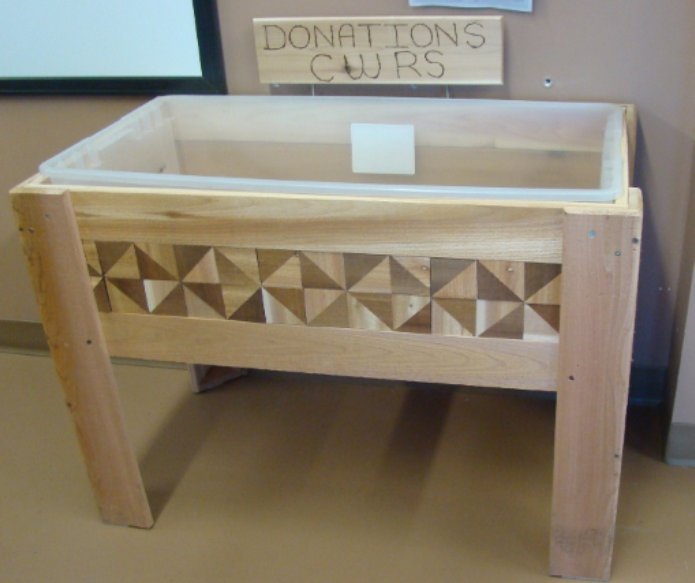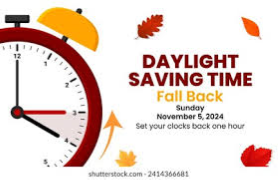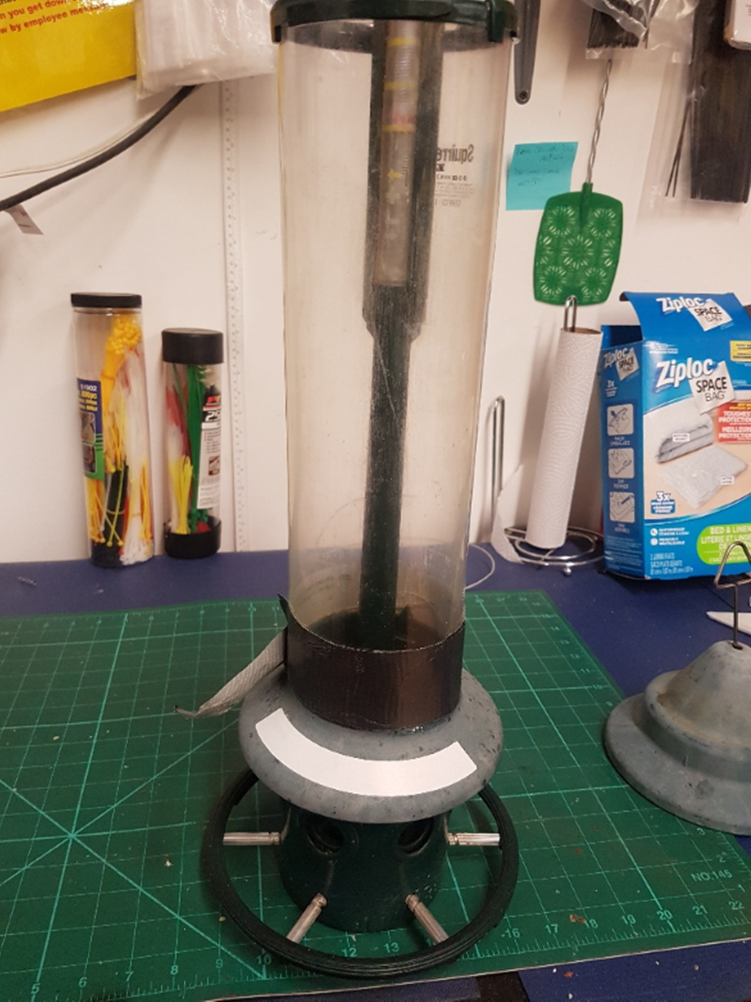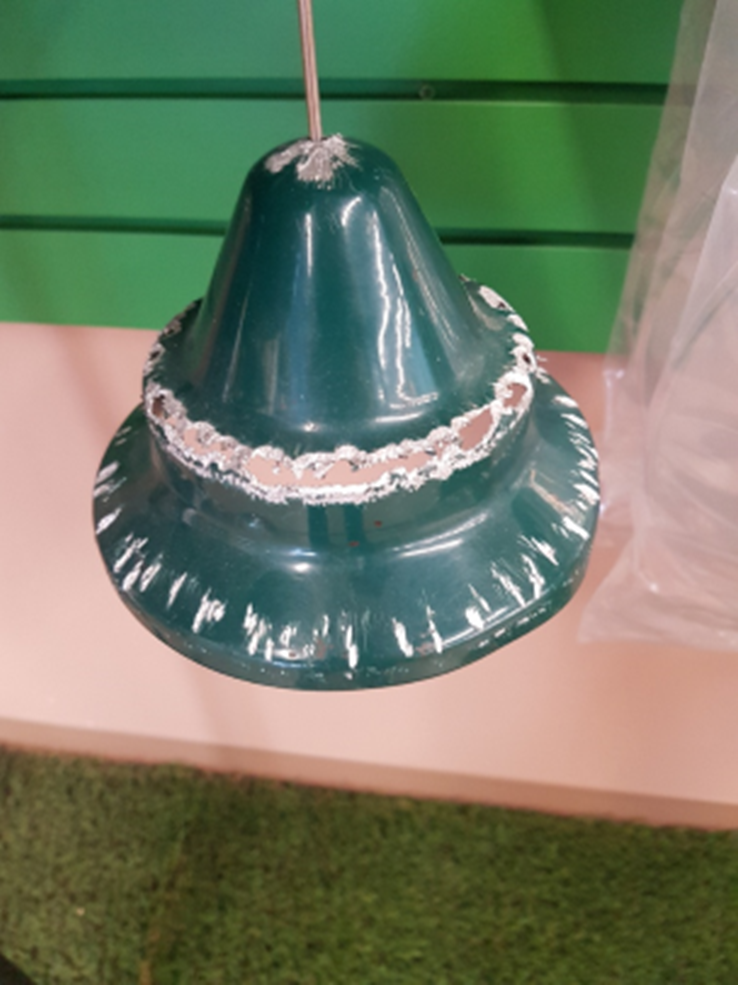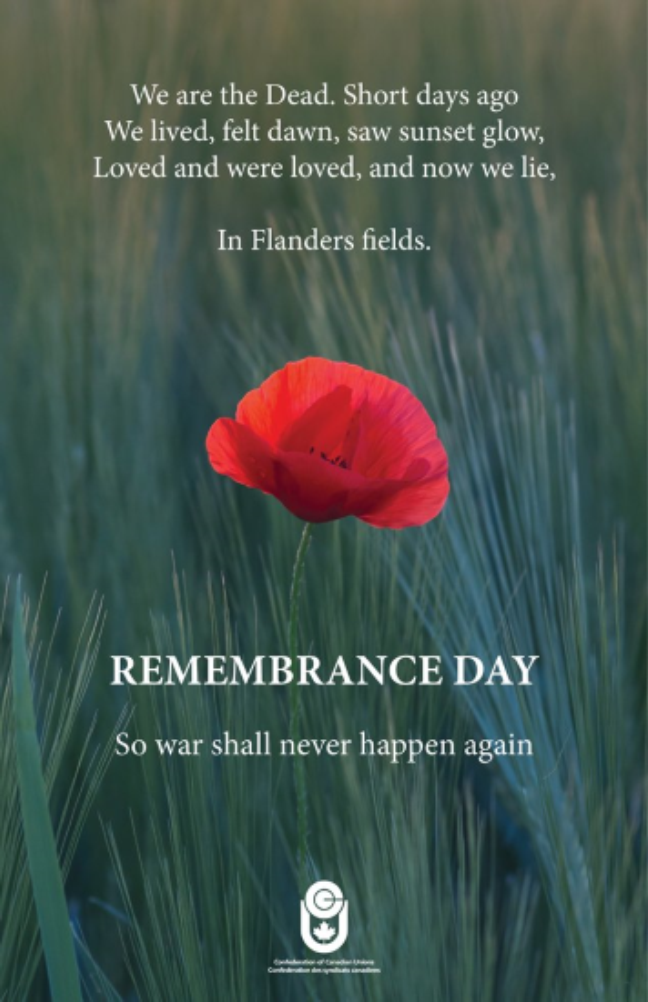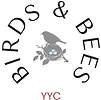LINK TO PDF NEWSLETTER DOWNLOAD

November 2024
Did you know: Some ground birds are considered hoppers, while others are walkers. What about Juncos? They’re hoppers!
Juncos are part of the sparrow family and as such they too prefer to feed on the ground, whether it be in the forest or your backyard.
Dark-eyed juncos are the quintessential snowbird. Like retirees who flock south to Florida and Arizona for the winter, so, too, do Dark-eyed juncos flock south. For them, south is the entire contiguous United States as well as parts of northern Mexico. That’s because these tiny birds spend the warmer parts of the year on their breeding grounds in the boreal forests of Canada and Alaska.
Juncos can be identified by their dark hoods, white bellies, and white outer tail feathers that flash when they fly. There are two common subspecies in Calgary: “Slate-coloured” which are all grey and can look almost black and “Oregon” which have rusty back and sides. In the spring, males have a very distinct black hood.
What is leucism (pronounced LUKE-ism) is a genetic condition. Leucism is caused by a reduction in pigments that prevents pigments from reaching some or nearly all of a bird’s feathers. It is very pale or washed out in comparison to a normal Dark-eyed junco. Leucism is frequently mistaken as albinism, but albinism only affects melanin production. Actual albino birds completely lack pigment.
Dark-eyed juncos practice an interesting foraging method called “riding.” They fly up to a seed cluster on the top of a grass stem and “ride” it to the ground where they pick off the seeds.
Juncos are ground feeding granivorous birds—which means they primarily eat seeds and grain. Favourites are hulled sunflower seed, white proso millet, and cracked corn. Because they eat near the ground, a low platform feeder or open tray is an excellent choice. Choosing a feeder with a large oversized roof, or adding overhead protection, is helpful during winter months, since it keeps snow off the seed.
The number of bird species you live near could dramatically change your mental health.
By: Mark Colley—staff reporter TORONTO STAR
Don’t just stop to smell the roses—make sure you listen to the birds and look at the trees, too.
A new study out of Carleton University has shown that living in neighbourhoods with higher variety of bird and tree species is associated with positive mental health.
It builds on a wave of research that shows how significantly exposure to nature can benefit your mental and physical health—decreasing stress, depression and anxiety along with rates of diabetes, strokes and heart disease.
But the Carleton study—which analyzed data across 36 Canadian cities to show bird diversity increased the probability of good mental health by nearly seven per cent, and tree diversity increased it by more than five per cent—helps demonstrate a tie between mental health and biodiversity too.
“We were surprised that (bird and tree diversity were) significant at all, because there’s so many factors that to into influencing people’s mental health in a city,” said Rachel Buxton, a professor at Carleton and lead author of the study. “When we compared it to things like employment or education or marital status or drinking, we thought that it just wouldn’t come out as important. We were surprised it came out significant at all.”
The study used data from eBird, a crowdsourced app managed by Birds Canada, and a national forestry inventory to measure species diversity across cities including Toronto, Vancouver and Calgary. Researchers then compared that data with self-reported mental health.
Even when controlling for other variables like socioeconomic status, Buxton and the other researchers still found a strong association between bird and tree diversity and mental health. As the number of bird and tree species increased in a postal code, so too did the probability of good mental health.
In fact, bird and tree diversity has a similarly-sized effect on mental health as your daily intake of fruits and veggies.
THE BENEFITS OF NATURE
The study did not establish that biodiversity causes good mental health and requires more digging to test the findings, Buxton said. But her finding are in line with a vast ocean of research spanning years and countries that confirm a link between green space and health.
One study from the 1980’s showed hospital patients recovered faster after surgery if they had a view of nature from their window. Research by Marc Berman, now chair of the University of Chicago’s department of psychology, found Toronto neighbourhoods with more trees had lower rates of health issues like heart attacks, strokes, diabetes and kidney and liver disease.
In 2012, Berman and others sent study participants on two walks—one in nature and one in the city—while asking them to perform attention and memory tasks. Performance improved 20 per cent in nature and tests have demonstrated that simply showing people pictures or playing sounds of nature and cities can reproduce some of the same benefits.
There is also evidence showing how beneficial bird noises are. Two years ago, German researchers found listening to recordings of a high diversity of birdsongs decreases depression, anxiety and paranoia. After all, biodiversity applies to the ears as well as the eyes, according to Holli-Anne Passmore, a professor and chair of the psychology department at Concordia University in Edmonton. She studies nature and well-being and was not involved in the Carleton paper.
She is currently researching whether listening to bird sounds while studying reduces exam stress.
“We are bombarded with noise,” Passmore said, “but sounds of nature tend to be something we can hear without using a lot of cognitive resources.”
WHY DOES NATURE MATTER?
Why nature is so beneficial is more of an open question. One hypothesis is that because our brains evolved in nature, we can process natural stimulation more easily, with less work for the brain.
“We’re kind of living in kind of a very small window of time of the human brain,” said Berman. “A lot of our cognitive processing was evolved in a very different kind of environment and maybe sort of tuned to that.”
It’s a possible explanation for why biodiversity is associated with good mental health, too. Buxton said.
“If you have more different types of trees, more different types of birds, likely your needs are going to be met in that sort of environment—you have more things to eat, you have more shelter,” she explained. “We’ve evolved to be attracted to environments that have a higher number of species in them.”
WHAT DOES THIS MEAN FOR YOU?
For individuals, the lesson of this research is to soak in all the nature you can. But it’s not just about time spent — it’s also about paying attention to the nature around you, Passmore said.
That could mean noticing trees, birds, bees or flowers when you walk from your house to the car or bus stop — or it could be as simple as taking your earbuds out and listening to the birds chirping, Berman said.
On a larger scale, the importance of nature for health should change the way we design cities, Berman said. Instead of building cities only to efficiently move and house people, nature should also be a consideration.
The bottom line: nature matters.
“Everybody kind of likes nature, but I think it tends to be viewed as an amenity and not a necessity,” Berman said. “What this research and other research is showing is that it’s a necessity. It’s not an amenity. It’s something we need.”
Visit www.meadowlarktours.com for more information
Contact: gavin@meadowlarkbirding.com

All participants on any bird walk must have purchased a ticket through our website – www.wildbirdstore.ca and present the ticket to Jim prior to the bird walk. The weather plays a big part in bird walks and Jim reminds participants to dress anticipating weather changes and to carry water to keep hydrated.
NORTH GLENMORE PARK : Saturday November 9, 2024
9:00am meet in parking lot “C” overlooking the reservoir. Please dress for weather changes and bring water !
INGLEWOOD BIRD SANCTUARY Saturday November 23, 2024
9:00am meet in parking lot “C” at Nature Center. Please dress for weather changes and bring water !
CARBURN PARK Saturday, December 7, 2024
9:00am meet in parking lot. Please dress for weather changes and bring water !
SNOWY OWL PROWL—1st DAY TRIP Saturday January 11, 2025
BEBO GROVE Fish Creek Park Saturday January 25, 2025
SNOWY OWL PROWL—2nd DAY TRIP February 8, 2025

We offer a discount if you return your 20 LB or 40 LB seed bags so that we can re-use them (sorry—not the Mother Nature bags which we cannot re-use), suet ball containers, or if you bring your own container or bag to fill . This discount is in addition to any other discount offered.
Question:
Have I changed my mind about the American Ornithological Society planning to change the current common names of more than 150 bird species in North America to make ornithology and birdwatching more inclusive?
Response:
Indeed I have! This past spring I added my signature to a petition from the Fellows of the American Ornithological Society (AOS) which called for a moratorium on the matter until further open and deep discussion. To be fair, from the beginning, I never felt comfortable with the concept of changing all common names at once if only because I deemed it unfair to obliterate the legacy of many legitimate, ethical and honoured scientists who deserve to have a bird or two or three named after them, e.g. Steller, Cooper, Cassin to list but a few. I also know that 12% of the world’s bird species are in serious trouble and need financial help. Allocating precious resources to the renaming of birds while they disappear off the face of the planet simply does not make sense. In any case, I reluctantly went along with it, if only because it seemed inevitable.
Moreover, I preferred doing it on a case-by-case as-needed basis. But since then, I have since acquired new information on the cost-benefits of renaming all of these 150 or more birds in one fell swoop. Even to change one name has serious ramifications. First, it will mean changes to many online databases and websites, e.g. Birds of the World, Avonet, etc. Moreover, there are hundreds of web sites that list birds by their common names. And never mind the plethora of bird books and field guides which will instantly be rendered obsolete! Bird-banding codes are also based on common names, e.g. COHA for Cooper’s hawk.
Overall, the decision has caused great divisiveness among members of the society, even leading to some to quit the organization. Equally important, our counterparts in Europe feel that the AOS has lost its way and some international organizations are even threatening to refuse the changes. Sadly, our resolution did not pass. However, it has resulted in the AOS doing a test case with ten selected species to determine the costs and reactions. Stay tuned!
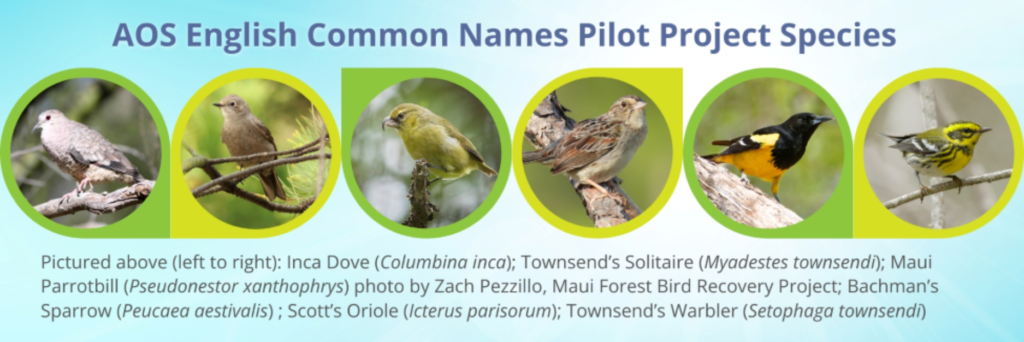
David M. Bird, Ph.D., Emeritus Professor of Wildlife Biology, McGill University www.askprofessorbird.com

David M. Bird is Emeritus Professor of Wildlife Biology and the former Director of the Avian Science and Conservation Centre at McGill University. As a past-president of the Society of Canadian Ornithologists, a former board member with Birds Canada, a Fellow of both the American Ornithological Society and the International Ornithological Union, he has received several awards for his conservation and public education efforts. Dr. Bird is a regular columnist on birds for Bird Watcher’s Digest and Canadian Wildlife magazines and is the author of several books and over 200 peer-reviewed scientific publications. He is the consultant editor for multiple editions of DK Canada’s Birds of Canada, Birds of Eastern Canada, Birds of Western Canada, and Pocket Birds of Canada. To know more about him, visit www.askprofessorbird.com or email david.bird@mcgill.ca.
American naturalist John Kirk Townsend was the first to bring Mountain plovers to the notice of science, in 1834, when he found one along the Sweetwater River of Wyoming. His colleague, John James Audubon named it the Rocky Mountain plover, even though the species is a bird not of mountains but of prairie. Farmers and hunters sometimes refer to the Mountain plover as the “prairie ghost” on account of its ability to (seemingly) vanish into thin air—in fact, the bird usually just faces away from an observer and sits down, its upperparts indistinguishable from the pale tan colour of the grassland around it. Sadly, intensive conversion of prairies to agriculture and other uses has hit this species hard, with more than 80% of the population gone in the last half-century
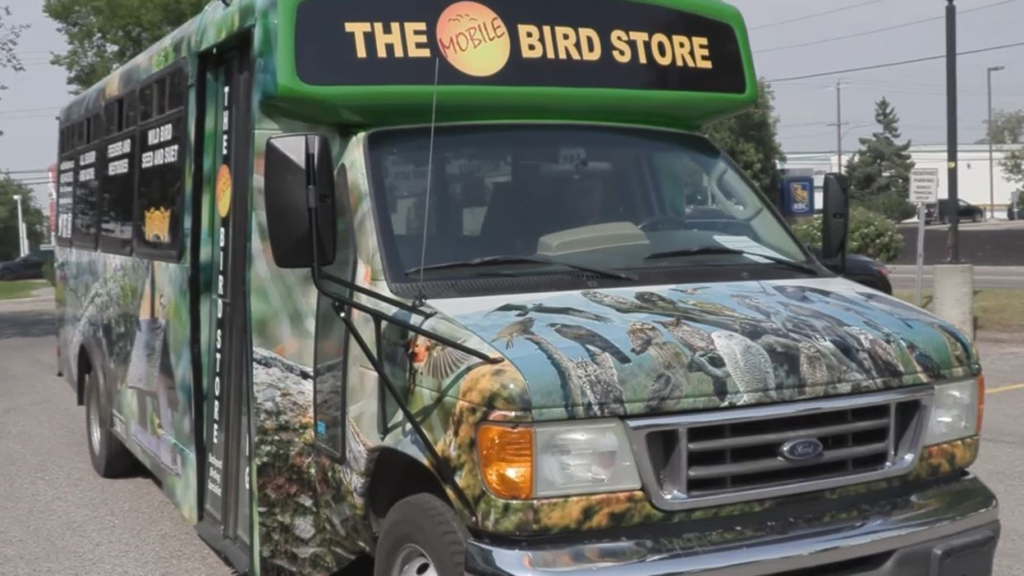

Wildwood Community Centre (4411 Spruce Drive SW): Every Tuesday 3:00pm to 6:00pm
STARTING NOVEMEBER 5, 2024 WE WILL BE CHANGING THE HOURS AT WILDWOOD TO 3:00-5:30PM FOR THE WINTER. THANK YOU FOR YOUR CONTINUED SUPPORT.
Crowfoot Arena (corner of John Laurie & Nosehill Drive NW: Every Wednesday 2:00pm to 5:30pm
Please place orders by 12:00 noon the day before the truck is on location
Text us @ (403)701-4571 OR email us at orders@wildbirdstore.ca
Earn and redeem customer loyalty points on the Mobile Seed Truck

DELIVERY: Deliveries will still be made on Thursdays ONLY. Please phone the store at (403) 640-2632 any day prior to 12:00 noon on the Wednesday before your delivery; place and pay for your delivery. Please phone with your order as early as possible to avoid disappointment. If you have any special instructions please do not forget to inform us when you place your order.
PLEASE NOTE: WE WILL BE BACK TO EVERY WEEK DELIVERY ON THURSDAYS STARTING OCTOBER 3/24
THE DELIVERY CHARGE WILL BE $10
MINIMUM ORDER FOR DELIVERY $25.
Do you need help attracting birds to your backyard?
Do you want advise on designing a backyard habitat for your feathered/winged friends?
Do you have a problem in your backyard we can help solve?
The Wild Bird Store in partnership with Andrew Barnes, now providing at home wild bird consulting service.
Specializing in helping you and your property become Wild Bird friendly for maximum results.
Services offered will include:
Bird feeder(s) recommendations for species focus and seed types
· Type(s) of seed and for which species it will be best suited
· Preferred location for maximum results
· Bird feeder accessories
· Hummingbird feeders and accessories
Nesting
· Nest box selection for native species—including all cavity nesting and platform species for Alberta
· Preferred location for nest boxes
· Maintenance tips
· Advice on how to deter invasive species (House sparrows and European starlings)
Watering needs
· Bird baths
· Heaters and heated baths
· Accessories including drippers and bubblers
· Location dos and don’ts
· Maintenance tips
Bat Houses/Chambers
· Location requirements
· Housing styles—including single vs multiple chambers
After each visit all discussion points and recommendations will be provided along with a 10% OFF coupon to be used at the Wild Bird Store on your next purchase.
PLEASE NOTE: 10% coupon is only valid for a one-time purchase and must be presented at time of purchase. In-store ONLY. ( All Discount restrictions apply)
For further information, pricing and scheduling, please contact
Andrew Barnes cell # (403) 923-8121 (call or text)
Email: birdsbeesyyc@gmail.com
Have you checked out the Merlin app? Would you like a demonstration on how they will help you to identify birds? Stop by The Wild Bird Store during regular business hours and staff will be happy to show you how the app will enable you to identify birds in various ways.
Identify Bird Songs and Calls
Identify Birds by your Photos
Save Birds to Your Life List
Explore lists of birds near your location
DONATIONS
Located at The Wild Bird Store (near the seed bins). We collect your cash as well as “wishlist” donations and arrange to deliver them to local wildlife organizations including Calgary Wildlife Rehabilitation, Alberta Institute of Conservation and Ellis Bird Farm.
We ask for your support quarterly for each of these organizations.
For September, October, and November, 2024 your donations will go to:
Ellis Nature Center (Ellis Bird Farm)
Thank you for your support
Options for shopping at the Wild Bird Store
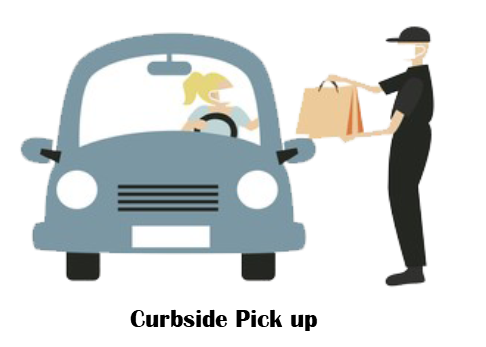
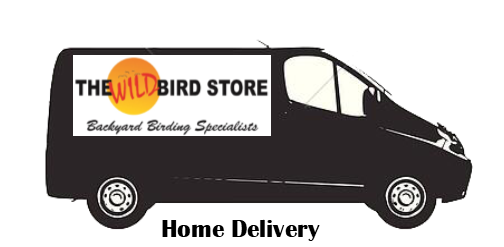
PLEASE NOTE: WE WILL BE BACK TO EVERY WEEK DELIVERY ON THURSDAYS STARTING OCTOBER 3/24
THE DELIVERY CHARGE WILL BE $10. MINIMUM $25 ORDER FOR DELIVERY.
Store hours are:
10:00am to 5:00pm Monday through Saturday
We offer a discount if you return your 20 LB or 40 LB seed bags so that we can re-use them (sorry—not the Mother Nature bags which we cannot re-use), suet ball containers, or if you bring your own container or bag to fill . This discount is in addition to any other discount offered.
Write a Google review on your experience at The Wild Bird Store, and as a thank you, we will give you 100 customer loyalty points ($5.00 value). To get a promo code, kindly email info@wildbirdstore.ca
(one Google review per customer)
Earn 200 customer loyalty points ($10.00 value) by referring a friend, acquaintance or fellow birder.
Please visit the store to get a promo code.
Combining our Seniors 10% discount with the Loyalty Program. (Excludes “sales” items, books & optics).
Discount for membership 10% discount for members of Fish Creek Park, AIWC, Priddis Golf Club, Nature Calgary, Sandy Cross Conservation, Springbank Garden Club and Millarville Horticultural Society. Must present valid membership card at time of purchase.
Discount for Military Members & Veterans 10% discount on
purchases in-store or on Mobile Seed Truck (sorry—excludes “sales”
items, books, optics and consignment items)
Does your Aspects or Squirrel Buster feeder need some replacement parts?
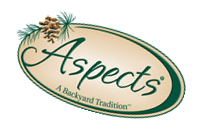
Did you know that we can repair/replace parts and make it look like brand new?

5901 3rd Street S.E.,
Calgary, AB T2H 1K3
email: info@wildbirdstore.ca
(403) 640 2632
The Store is open Monday through Saturday 10:00am to 5:00pm
The Wild Bird Store will be closed on Monday, November 11 to for Remembrance Day.
We are CLOSED Sundays, and ALL Statutory holidays for Faith, Family and Friends.
We still offer curbside pickup every day we are open and delivery service on every other Thursday.
FOLLOW US ON:
Facebook @thewildbirdstoreyyc
Twitter @wildbirdstoreyyc
Go to YouTube, type in the search bar “The Wild Bird Store” to watch our videos and to help us become more visible . Be sure to click on “Subscribe” before you leave the page.
